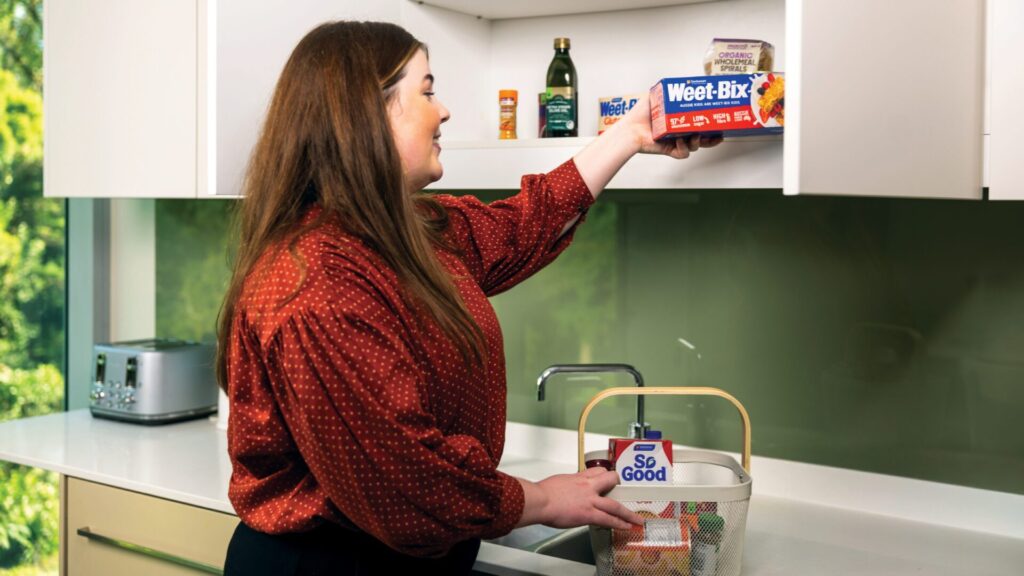Students from a faith-based system in Australia who self-rated their health are helping researchers at Avondale discover what sets them up for success.
Findings from the study, which appeared in the BMC Public Health journal, show 61 per cent of the 788 participants reporting “very good” or “excellent” health. This is a similar finding to one revealed in a study conducted by the Australian Bureau of Statistics in 2014 and 2015. But the Avondale study, with half the participants reporting an affiliation with a Christian faith, also found the students had low rates of alcohol consumption (11 per cent), tobacco use (four per cent) and marijuana use (three per cent).
Physical and mental health were of equal importance, with students who slept more each night, engaged in more physical activity and consumed more fruit and vegetables reporting higher self-rated health.
“Often when we talk about health and wellbeing, our minds jump to exercise and diet,” says one of the study’s authors, Dr Darren Morton, lead researcher in the Lifestyle Research Centre at Avondale College of Higher Education. “But it’s a lot bigger than that. To optimise the health of our young people, we need to not only focus on the physical but the mental.” [pullquote]
The study showed different layers of factors influence self-rated health. Mental health, body mass index and vitality make up the first.
Making an impact on them in the second layer: sleep hours, physical activity, fruit and vegetable consumption and a vegetarian diet. Sleep is particularly influential, says Dr Morton. “There’s an increasing mental health crisis in the adolescent cohort, and the study showed sleep is an important driver of that.” Of the largest challenges: screen time and insomnia. “This is something we need to address.”
The third layer in the structural model the researchers developed saw factors such as age, gender, religious affiliation and childhood family dynamic come into play, but adverse childhood experiences “for some reason, and we don’t currently know the mechanism, impact on everything,” says Dr Morton. He gives abuse or neglect as examples. “They have a direct bearing on the self-rated health of adolescents as well as a mediating effect by influencing sleep behaviour, mental health, body mass index and overall vitality.”
Early intervention to create healthy behaviours around rest, relationships, diet and physical activity is important, says Dr Morton. “We need to set young people—and their families, caregivers and guardians—up for success.”






